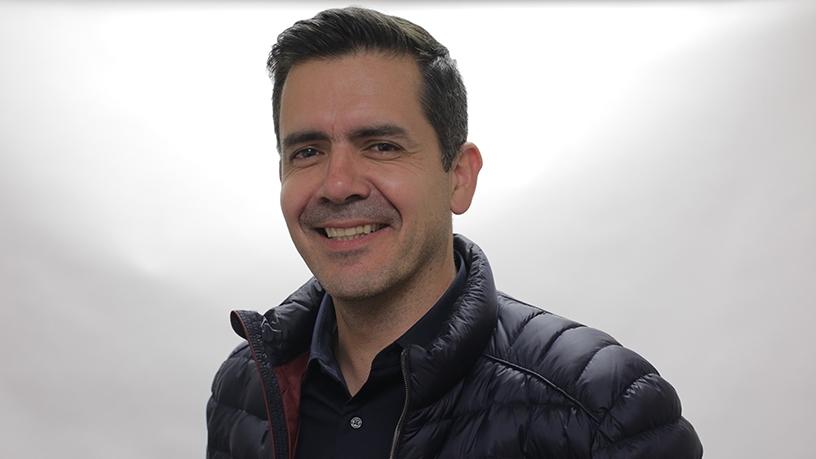
Human beings are having a crisis of imagination. This is the view of Valter Adão, Deloitte Africa's chief digital and innovation officer, speaking at the SingularityU South Africa Summit in Johannesburg yesterday.
According to Adão, human beings can see emerging technologies are going to take jobs away but are unable to imagine how these technologies will help create new jobs.
The media, he stated, also builds this up with articles about potential job losses as a result of automation, and people buy into this news.
Top of the discussion at the SingularityU Summit was the future of work and how emerging technologies can help Africa leapfrog other countries.
Adão told the audience at the conference that there is a tremendous amount of tech-influenced changes taking place at the moment that everyone is talking about and rightly so.
"We talk about this need to reinvent ourselves and reimagine ourselves so that we are able to thrive and survive into the future.
"When conversations about change start impacting on our jobs and our work becomes incredibly emotional, the abundance mindset shifts from one of confidence and enthusiasm to one of scarcity and cynicism. The fear is not irrational and certainly not a sign of weakness."
In light of all the changes taking place, everyone needs to think about the future of work, advised Adão. "If you're a leader of an organisation, you need to be thinking about the future of work and how to organise business around the digital economy, automation, how to break down the silos of collaboration, how to get people hyper-connected and drive continuous learning."
He explained that 10 years ago, although technology was seen as impressive, it wasn't regarded as a threat. "It was a shadow of the capability of a human being. The technology of 10 years ago was a little bit awkward. It was considered quaint and quirky. Because it didn't threaten us, we admired it."
He gave the example of how when "Atlas the robot", was introduced to the world, people started to take notice.
"There was tremendous shock and awe because there was a realisation that science fiction has become real. Just as people were getting used to Atlas, Sophia was introduced. Sophia is a humanoid interfaced with artificial intelligence. She looks like a human and has the facial expressions of a human, and engages and converses with people."
Leaders for change
In the African context, particularly South Africa, the immediate challenge is how to create employment in the face of emerging technologies.
Adão pointed out that SA's unemployment rate currently sits at 27.1%. The youth represents 60% of that unemployment. This, according to him, is worse than the "deepest throws of the Great Depression" as unemployment peaked at 26% during that time.
He is of the opinion that exponential leadership can help address some of these employment challenges.
"We are experiencing a phenomenal leadership crisis at the moment. It's not the technology that is destroying jobs, it's poor leadership decisions that are resulting in the disruption of jobs.
"If we insist on holding back automation and digitisation of economies, we will destroy business, sectors and industries because we need to compete at a global level.
"We need to think about the problem we need to solve from a job perspective very differently. Maybe the future is not about the traditional corporate job but it's the emergence of the micro-entrepreneur and a new form of employment."
Inevitable outcomes
The emergence of new technologies and automation will certainly result in job losses. However, new jobs will be created as a result of the new skills that are required, said Adão.
"These new skills are in artificial intelligence, machine learning, robotics, etc. As we move into this world of exponential technology, there is a massive demand and we are moving into an AI-first world that is driving a tremendous amount of need for new types of skills.
"I do believe we can create a world of prosperity and future-proof Africa if we change our perspective around the need to be productive and how we are going to create jobs.
"I feel very encouraged and positive about what we can do on the continent if we make the right decisions both as individuals and as a collective. We need and require input from government, policymakers, labour, business and individuals.
"We need to get globally competitive otherwise we will create a world of generational poverty.
"Technology is killing jobs but I think it is only with technology that we will save them," he concluded.
Share